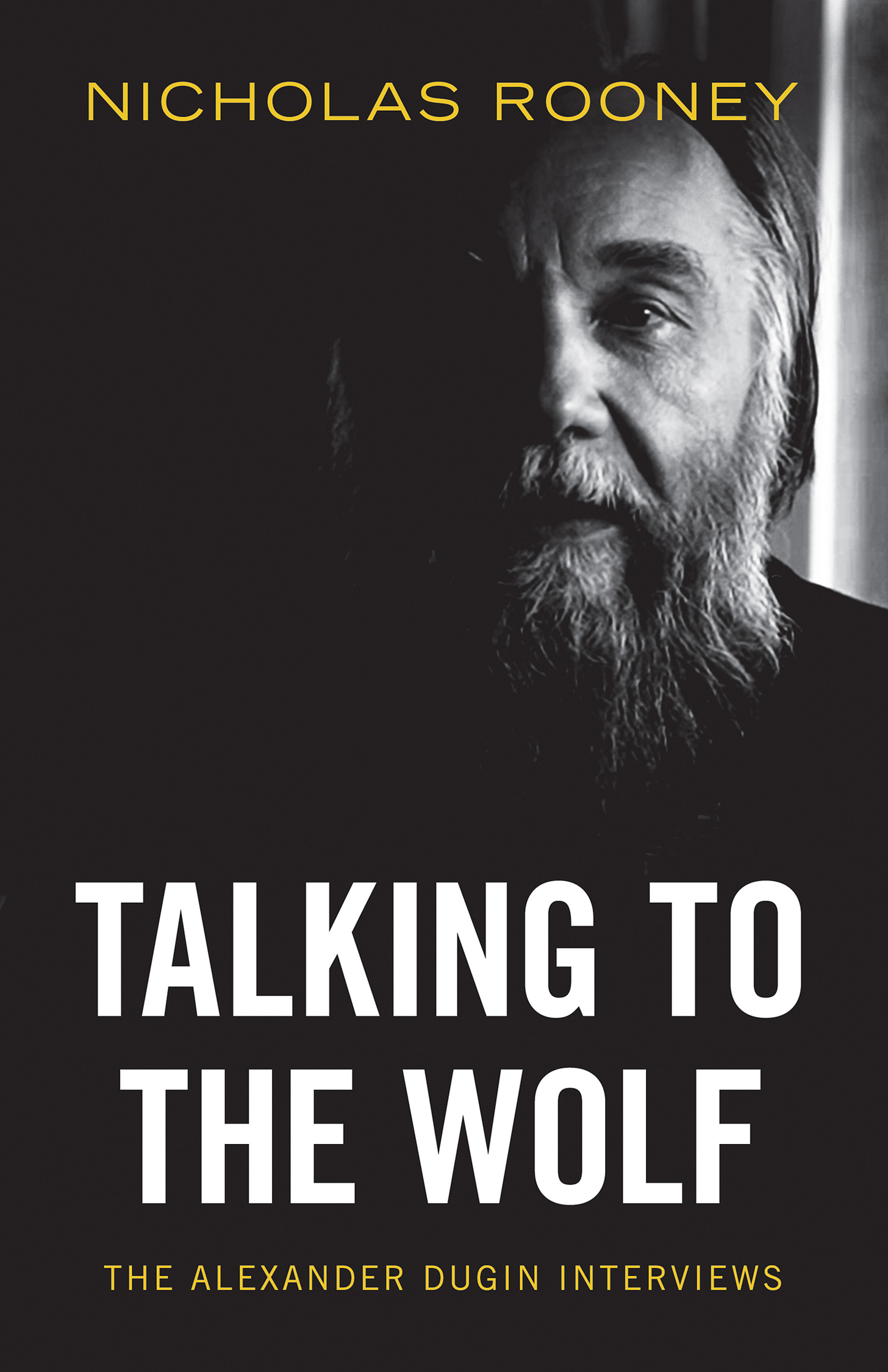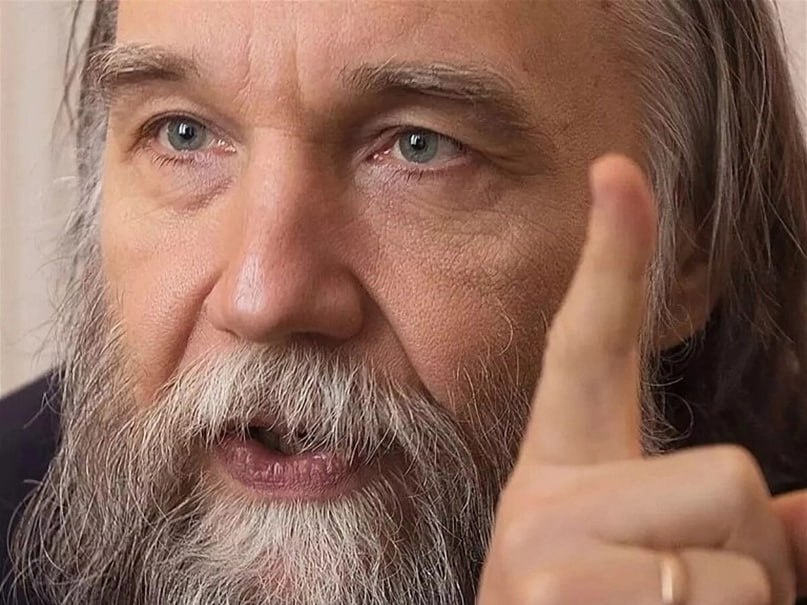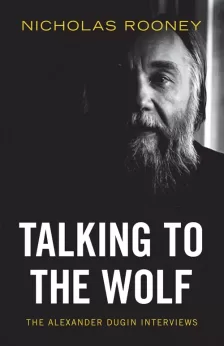Nicholas Rooney: So, multipolarity for you is just a geopolitical strategy to enable Russia to survive and to weaken the West’s control of the international system, is that what you are saying?
Alexander Dugin: Multipolarity recognises some points of decision based on independent rationality with roots in a special civilisation. That is more or less Huntington’s version, but not necessarily a ‘clash of civilisations’. The clash of civilisations is misunderstood; it is not an invitation to clash… Huntington, as far as I understand, tried to stress the differences at the basic level, not the differences in zones of interest.
So, the clash of civilisations is possible in the realist tradition when there is sovereignty, when there is freedom and where there is chaos in international relations. All these concepts are from the realist theory in international relations. The only difference between classical realism and the civilisational approach is precisely that we are dealing not with nation states (as in classical realism) but with civilisations.
Civilisations are represented here as new forms of political unity. So, integration therefore is necessary; Eurasianist integration in our sense, Islamic integration in the case of Muslim society, or European integration, or African integration. We are dealing with great spaces, which are called ‘civilisations’. So, the freedom or the subject of sovereignty is no longer in the nation state but in the civilisation. But regarding the clashes, there is a possibility of war but that is a basic principle of realism in international relations regardless of the kind of system.
The new aspect in this multipolarity is that there are far fewer poles; that is, the poles are not as numerous as the number of nation states we now have. Nation states recognised by international law are many, but only a few of them could aspire to sovereignty in the present situation in order to create a kind of pole which is independent and sovereign.
They need to be united into some sort of supranational unity based on the common denominator of civilisation. That is why the European Union was created and what it is based on, and why, for example, Turkey isn’t accepted inside, in spite of all the talk of economic and maybe political and juridical unification. Turkey certainly belongs to a different civilisation, to the Eurasian one. And I think that in the general sense, multipolarity is a kind of semantic plurality. Different civilisations have their own understanding of what man is or what time is, what space is, what the universe is, what good is, what open is, what closed is, what human is, what gender is, what tradition is and what modernity is. And in order to establish a multipolar world order, we need to hear everybody, every representative of all the civilisations, but not of just any country. However, within each civilisation as well there should be dialogue between the peoples and the traditions inside.
So, that is a kind of summary of the multiplicity and diversity of the cultural multipolar world order. It is difficult to establish. It is much easier to just impose or project the system of values of one more advanced civilisation onto the others. But that is racism and that is precisely what is the weakest point of modern globalisation. It is not globalisation in the genuine sense: it is the projection of one part of humanity onto the whole of humanity. The Western part affirms itself as a kind of destiny and projects its own values (good or bad) onto the globe, onto the planet. Multipolarity fights against that in order to defend the right of other civilisations to have their own understanding of the essential aspects of everything; for example, regarding terrorism, war, holiness, history, and who was wrong or who was right, for example, in a particular historical moment.
Purchase Talking to the Wolf here.









